Then said Almitra, Speak to us of love.
And he raised his head and looked upon
the people, and there fell a stillness upon
them. And with a great voice he said:
When love beckons to you, follow him,
Though his ways are hard and steep.
And when his wings enfold you yield to
him,
Though the sword hidden among his
pinions may wound you.
And when he speaks to you believe in
him,
Though his voice may shatter your dreams
as the north wind lays waste the garden.
For even as love crowns you so shall he
crucify you. Even as he is for your growth
so is he for your pruning.
Even as he ascends to your height and
caresses your tenderest branches that quiver
in the sun,
So shall he descend to your roots and
shake them in their clinging to the earth.
•
Like sheaves of corn he gathers you unto
himself.
He threshes you to make you naked.
He sifts you to free you from your husks.
He grinds you to whiteness.
He kneads you until you are pliant;
And then he assigns you to his sacred
fire, that you may become sacred bread for
God’s sacred feast.
All these things shall love do unto you
that you may know the secrets of your
heart, and in that knowledge become a
fragment of Life’s heart.
But if in your fear you would seek only
love’s peace and love’s pleasure,
Then it is better for you that you cover
your nakedness and pass out of love’s
threshing-floor,
Into the seasonless world where you
shall laugh, but not all of your laughter,
and weep, but not all of your tears.
•
Love gives naught but itself and takes
naught but from itself.
Love possesses not nor would it be
possessed;
For love is sufficient unto love.
When you love you should not say,
“God is in my heart,” but rather, “I am
in the heart of god.”
And think not you can direct the course
of love, for love, if it finds you worthy,
directs your course.
Love has no other desire but to fulfil
itself.
But if you love and must needs have
desires, let these be your desires:
To melt and be like a running brook
that sings its melody to the night.
To know the pain of too much tenderness.
To be wounded by your own under-
standing of love;
And to bleed willingly and joyfully.
To wake at dawn with a winged heart
and give thanks for another day of loving;
To rest at the noon hour and meditate
love’s ecstasy;
To return home at eventide with grati-
tude;
And then to sleep with a prayer for the
beloved in your heart and a song of praise
upon your lips.


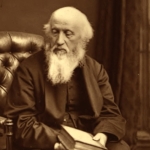
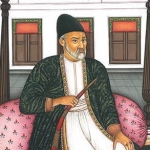
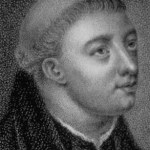






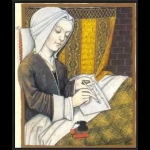

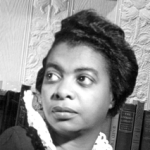






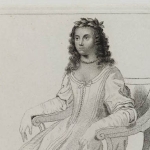
Comment form: